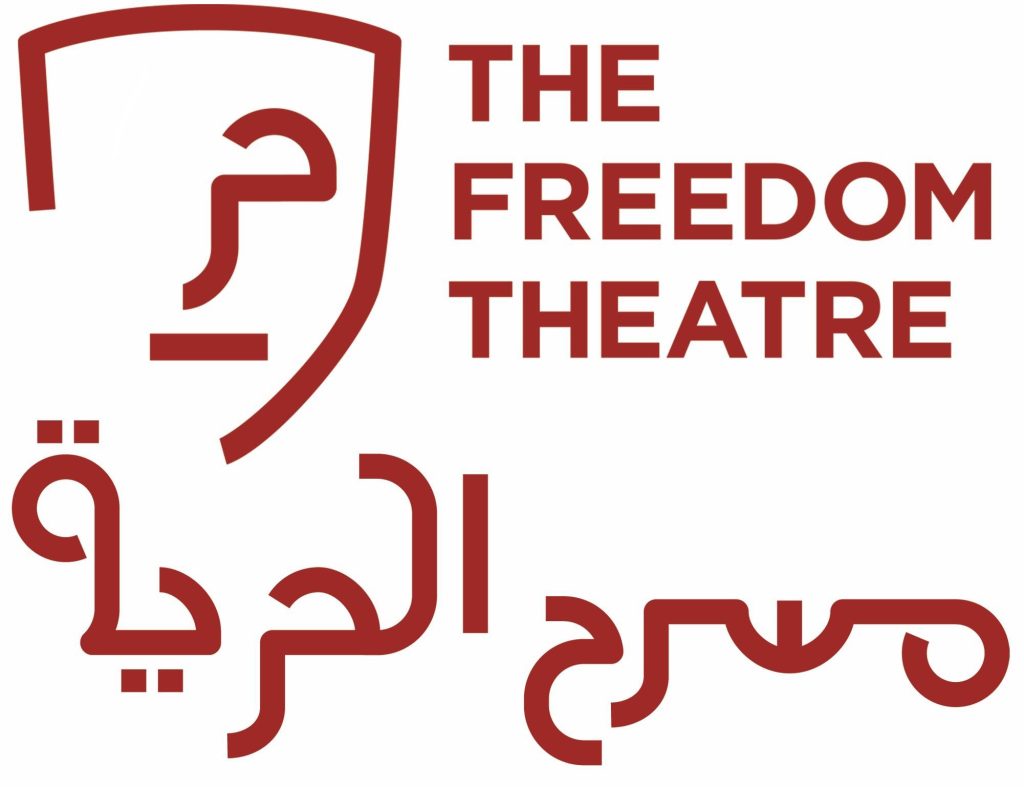“What happened was not normal, it was above and beyond what anyone can imagine… Nothing – houses, stones or even human beings remained the same”, said Ibrahim Al-Duhaineh from Eastern Rafah when we visited him and Ra’ed Al-Duhaineh, his wounded son, at Al-Razi hospital in Jenin city.
When Ra’ed (26 years old) was asked how he felt, he was silent. Ibrahim answered in his place after a long sigh: “There was no longer feelings; his only concern was how to survive.” Ra’ed (26 years old) added: “I walked about one kilometer while I was bleeding until I got to the ambulance, and when I came to the hospital it was full of martyrs and wounded people.”
Ra’ed told of how he was injured: “We were in an UNRWA school on the 1st of August when they announced a ceasefire for 72 hours. I went with my family to check on the house and we found it completely destroyed. When we left, the Israeli air forces detonated rockets everywhere, and a shrapnel hit me and cut my arm. As a result, I lost my arm and I saw my brother thrown on the ground and wounded.”
Ra’ed, whose arm was amputated, says: “I need nothing except an artificial arm.”
Ra’ed holds a University diploma but he has not had the opportunity to work since he graduated, the same as many other educated people in Gaza. His 19-year old brother was martyred during Israel’s aggression on Gaza in 2008, while he was standing at the door of his home.
Ra’ed believes that national unity is the most effective way to achieve the liberation of Palestine. He has a message to the whole world: “Stop the silence! Stand with the Palestinians in Gaza and support them.”
Bader, 16 years old, is another injured from the Gaza Strip who was received by Al-Razi hospital for treatment. Dr. Osama Bsharat describes his case saying: ”When Bader came to the hospital, he was in a very bad psychological state. Until this day, he refuses to talk to anyone; he spends his time sitting and looking at the window.”
Bader’s uncle Bassam Al-Shaer, who accompanied him from Basheet camp in Rafah to Jenin, says: “They bombed five neighbouring houses, my nephew Bader was injured while his father, his sister and her four children, along with his cousins, were martyred. We had not received any warning from the Israeli army before the bombing.”
Bader agrees to tell some of his story: “I was sitting with my sister and the whole family at home. Suddenly, we heard a voice and we noticed the spread of smoke. I saw flames and fire. After that, I woke up to find myself in the Kuwaiti hospital in Rafah, with fractures in most parts of my body.”
His uncle adds: ”When the house was bombed, Bader flew into the air all the way to the next house and hit its walls.”
In response to the question what he will do when he comes back to Gaza, Bader says: “I’m going to visit the grave of my martyred father.”
Ra’ed and Bader’s stories are two among thousands of tragedies caused by Israeli missiles, condemning them to pain and heartache. But the Israeli army did not realize that behind every pain there is hope.
